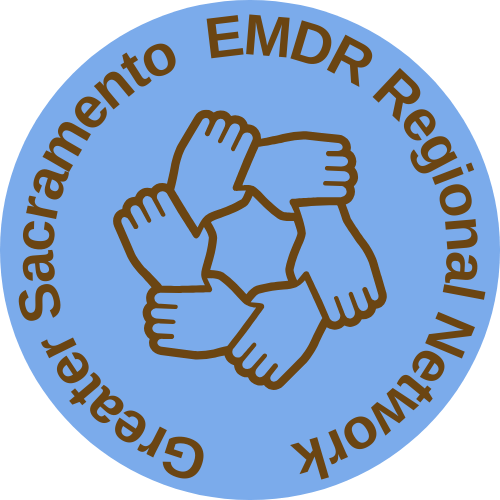The Greater Sacramento EMDR Network presents the
2nd Annual Symposium on Trauma
EMDR 2.O & the Treatment of Complex PTSD and Dissociation
DATES:
Thurs, April 13, 2023 Ad de Jongh and Suzy Matthijssen will present EMDR 2.0
Friday, April 14, 2023 Treating Complex PTSD and Dissociation using EMDR 2.0
Join us for this exclusive Northern California opportunity to learn the science behind EMDR 2.0 and how it can be used to treat Complex PTSD and Dissociation. Ad de Jongh and Suzy Matthijssen are the primary researchers in Netherlands who developed this remarkably fast and effective modification of EMDR first described by Francine Shapiro.
This training is fully approved by EMDRIA and 12 hrs of CECs will be available for EMDRIA credit and your professional organization.
The training will be both in-person and live-streamed. Space is limited to 80 people in-person, but is unlimited for virtual attendance. Sign up early to reserve your space.
LOCATION:
Bridgeway Christian Church
8150 Industrial Ave, Building A
Roseville, CA 95678
EMDR 2.0
is a version of EMDR with a number of adjustments based on
clinical experience with patients who have complex PTSD, scientific research into the working memory theory, and the effects of working memory-taxing tasks on traumatic memories.
EMDR 2.0 is based on the premise that:
if the client is better motivated,
if the memory is better activated, and
if the patient’s working memory is taxed more strongly,
this has a positive influence on the effectiveness and efficiency of EMDR therapy.
Treating Complex PTSD and Dissociation. There are a number of challenges when treating patients with Complex PTSD. These include:
client fears in confronting their memories and emotions,
the possibility of severe abreactions,
dissociative reactions that may limit access to trauma memories,
the possibility that SUD levels do not decline, and
that cognitive distortions (e.g., guilt) do not shift.
In addition, other issues that are consistent with Complex PTSD (e.g., regarding negative self-concept, emotional dysregulation and difficulties in relationships) often need concurrent clinical work.
The purpose of this engaging workshop is to teach participants effective clinical approaches
and treatment techniques to deal with individuals with Complex PTSD features, including
dissociation. The training will be illustrated by various case presentations and multiple
video segments of treatment sessions with a wide range of individuals suffering from
Complex PTSD. Some techniques will be demonstrated live and participants will be given
opportunities and guidance to practice with the new material.

